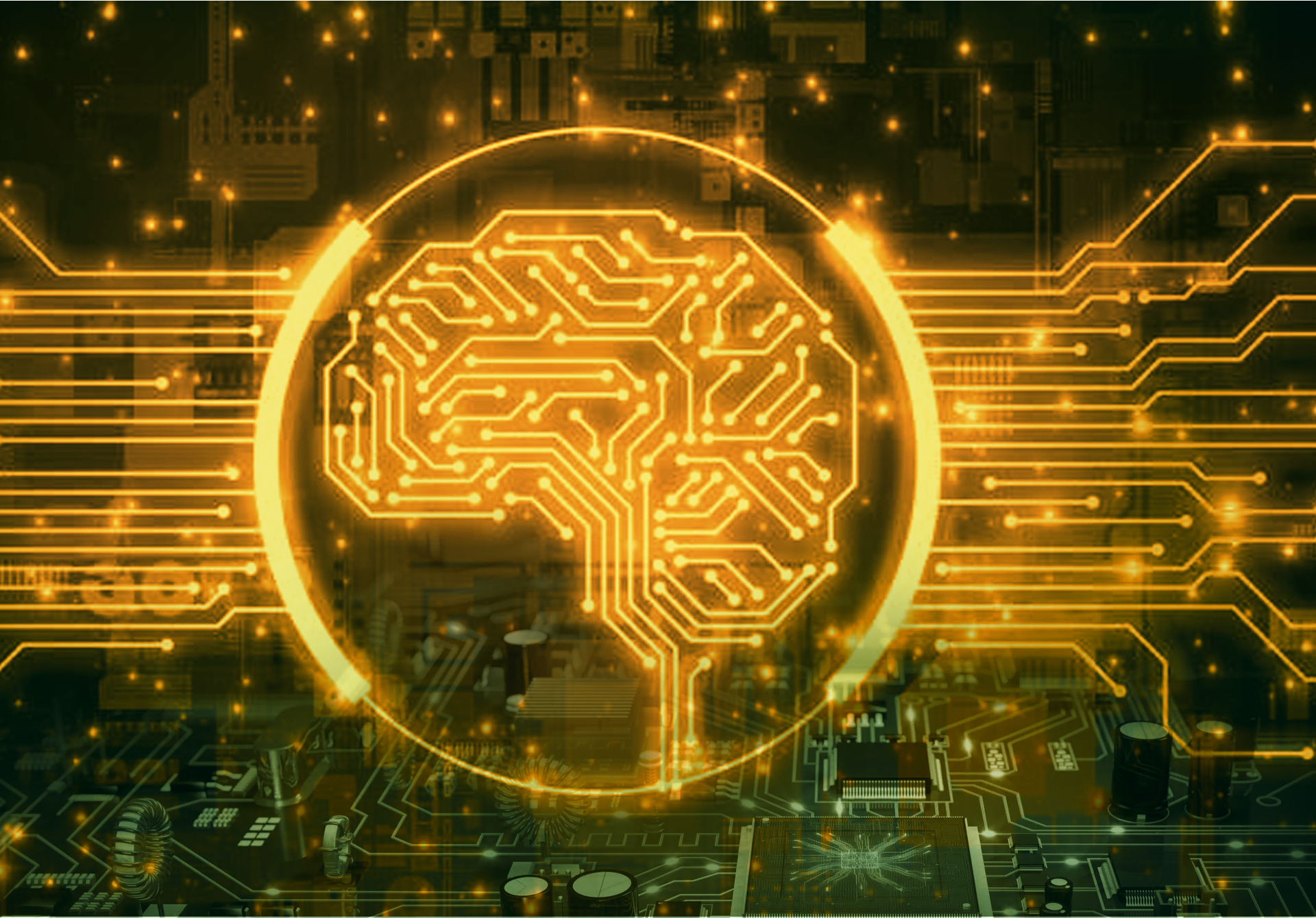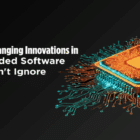Industrial electronics is a field that combines the principles of electronics, automation, and control systems to create electronic devices and systems that are specifically designed for use in industrial settings. These devices and systems are used to control and monitor industrial processes, such as manufacturing, power generation, and transportation.
The devices and systems used in industrial electronics can range from simple sensors and switches to complex control systems and robots. They are typically designed to withstand harsh environmental conditions, such as extreme temperatures, humidity, and vibration. They are also designed to be reliable and durable, as downtime in industrial processes can be costly and potentially dangerous.
Applications of Industrial Electronics
The applications of industrial electronics are vast and diverse. Some of the most common applications include:
- Manufacturing: Industrial electronics is widely used in the manufacturing industry to control and monitor production lines. Electronic devices and systems are used to control the speed and movement of machinery, as well as monitor product quality and safety.
- Power generation: Industrial electronics is also used in power generation plants to control and monitor the generation and distribution of electricity. Electronic devices and systems are used to regulate the flow of electricity, monitor energy consumption, and prevent blackouts and power failures.
- Transportation: Industrial electronics is used in the transportation industry to control and monitor the movement of vehicles, such as trains, airplanes, and ships. Electronic devices and systems are used to regulate speed, monitor fuel consumption, and ensure safety.
Latest Trends and Advancements in Industrial Electronics
The field of industrial electronics is constantly evolving, with new technologies and innovations emerging every year. Some of the latest trends and advancements in industrial electronics include:
- Artificial Intelligence (AI): AI is being used in industrial electronics to improve the efficiency and reliability of industrial processes. By analyzing large amounts of data from industrial systems, AI algorithms can identify patterns and trends that humans may not be able to detect. This can help to optimize processes, reduce downtime, and improve overall performance.
- Internet of Things (IoT): The IoT involves connecting electronic devices and sensors to the internet, allowing them to communicate with each other and with other systems. This can help to optimize processes, reduce downtime, and improve overall performance. One example of the IoT in industrial electronics is smart manufacturing.
- Big Data Analytics: Big data analytics is another trend in industrial electronics that is helping to improve industrial processes. By analyzing large amounts of data from sensors and other electronic systems, companies can identify patterns and trends that can help to optimize processes, reduce downtime, and improve overall performance. One example of big data analytics in industrial electronics is energy management.
Conclusion
Industrial electronics is a critical field that is transforming industrial processes and driving innovation and progress. By applying electronic devices and systems to industrial settings, we can improve efficiency, productivity, and safety, while also reducing costs and increasing profitability. The latest trends in industrial electronics, such as AI, the IoT, and big data analytics, are helping to optimize industrial processes in new and exciting ways. As the field continues to evolve, we can expect to see even more innovative solutions that will help to unlock the power of industrial electronics and drive progress in the field. If you want to learn more about industrial electronics, please visit our website at https://glomore.co.in/.





